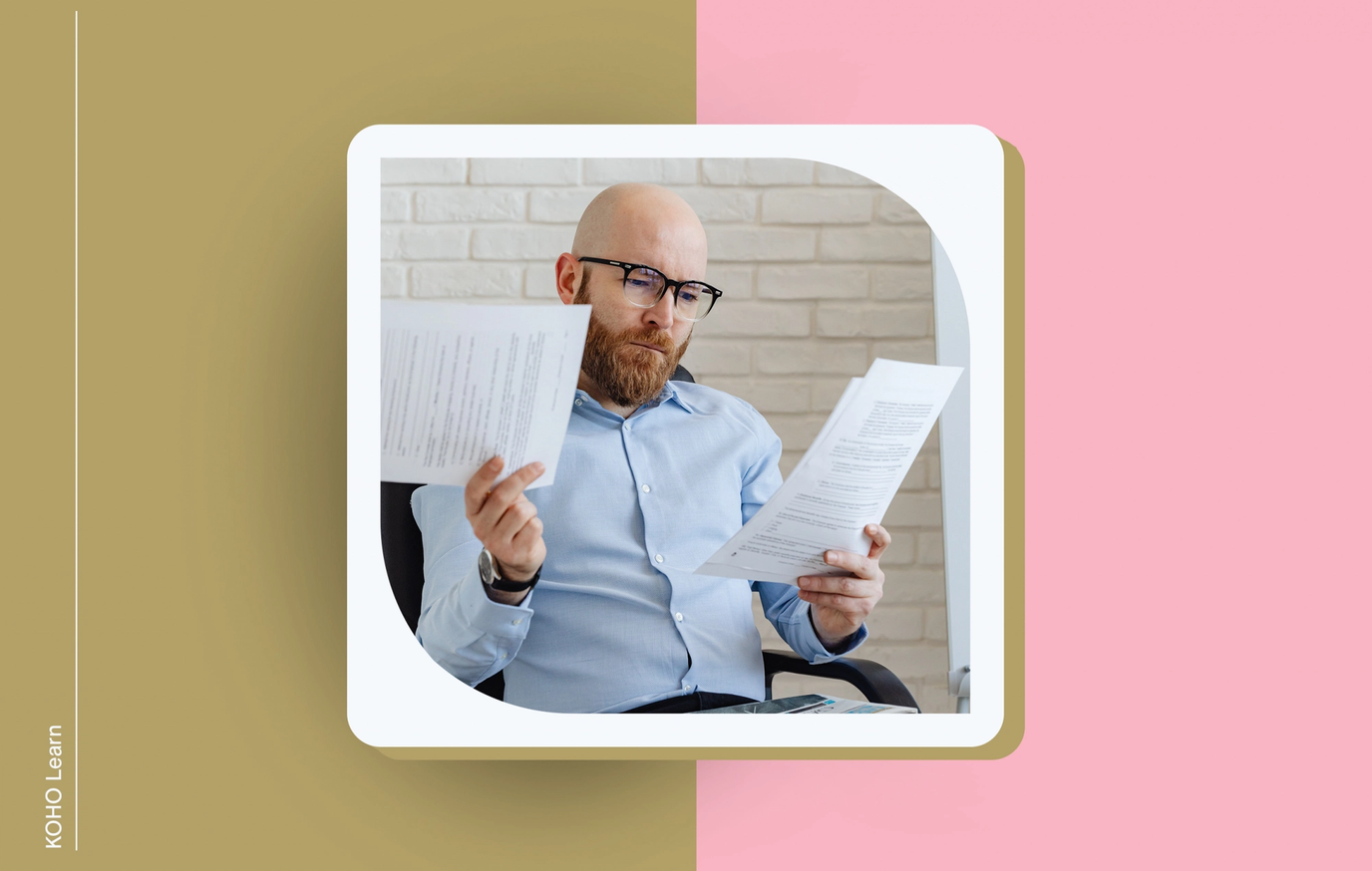
Ever notice how you're spending more at the checkout these days? Prices keep climbing, and that means you're paying more tax too. That protein smoothie and poke bowl that were supposed to be your "healthy choice"? They're probably costing you way more than they used to!
It feels like we're all doing financial gymnastics just to cover our daily expenses.
But here's some good news: you might qualify for the GST/HST credit. It's a helpful program from the federal government designed to put some money back in your pocket if you're getting by on a low or modest income.
Want to know if you qualify? Curious about when payments happen? Let's break it all down in simple terms so you can see if this credit might help ease your financial squeeze.
When Will You Get Your GST/HST Money?
Good news! This credit comes your way four times a year. Grab your calendar and make note of these payment dates for 2025:
Your Money's Coming on:
January 3, 2025
April 4, 2025
July 4, 2025
October 3, 2025
Pro tip: Set a reminder on your phone so you know when to expect a little extra cash in your account!
Can You Get the GST/HST Credit?
Don't worry - qualifying for this money isn't complicated! You can get the credit if:
You live in Canada and you're at least 19 years old
OR
You live in Canada and you're under 19, but:
You have (or had) a spouse or partner, OR
You're a parent living with your child
Just moved to Canada? Welcome! You can still get the credit, but you'll need to fill out some paperwork first. The forms you'll need depend on whether you have kids or not.
Early Deposit With KOHO.
How Much GST/HST Credit Could You Get?
Wondering about the size of your GST/HST credit? Let's break it down. Your payment amount depends on a few key things:
Your income (or your family's total income if you're married or have a partner)
Whether you have kids under 19
If you're already getting the Canada Child Benefit
Here's a quick look at what you might receive annually, based on the 2023 tax year (for payments from July 2024 to June 2025):
If you're single:
No children: Up to $519 (if you make between $20,000-$40,000)
With one child: Up to $859
Each additional child: Add $179
If you're married or have a partner:
No children: Up to $680 (if together you earn under $42,324)
For each child under 19: Add $179
Need a more exact figure? The CRA has a simple calculator that can estimate your payment based on your specific situation.
Here's some good news: this money is completely tax-free! You won't need to report it when you file your taxes.
Early Deposit With KOHO.
Getting Your GST/HST Money
Direct Deposit
Got a direct deposit set up with your bank? Great! Your money will zip straight into your account on payment day. When you check your bank statement, look for "GST/HST tax credit" or "Canada FPT" (that's short for Federal-Provincial-Territorial).
No waiting by the mailbox or worrying about lost cheques—the money just shows up! If you haven't set up a direct deposit yet, it's worth considering. Most banks let you do it through online banking in just a few clicks.
Want your money even faster? With KOHO's Essential plan, your GST/HST credits and other government benefits can arrive 1 day earlier* than at traditional banks! And the best part? You can get this plan completely FREE when you set up a recurring direct deposit for your paycheque or government benefits.
*While Direct Deposits are typically received and processed one day before your scheduled payday, the actual timing may vary depending on when the payment is issued. Please allow up to 2 business days for complete processing.
Early Deposit With KOHO.
Paper Cheque
Prefer getting cheques in the mail? The CRA will send yours out, but keep in mind it'll take a bit longer to reach you. Plan on waiting up to 10 business days after the payment date before it lands in your mailbox.
Missing Payment?
If payment day comes and goes with no money in sight, don't panic! Give it the full 10 business days if you're getting a cheque. Still nothing? It might be time to reach out to the CRA directly. They can tell you what's happening with your payment.
Pro tip: The CRA's My Account online service lets you check on your payments anytime. It's a handy way to see what's coming and when!
What Could Change Your GST/HST Payment?
Life happens, and when it does, your payment amount might shift. Here's when the CRA might recalculate how much you get:
Family Changes
You got married or moved in with your partner
You separated or divorced
You welcomed a new child to your family
Your teen just turned 19
Reassessments
Your tax return got reassessed and your income amount changed
Your partner's income changed after a reassessment
Other Situations
Someone in your family passed away
You started sharing custody of your child with someone else
Your custody arrangement changed
The good news? You don't need to figure this out yourself! The CRA automatically adjusts your payments when these life events happen—as long as they know about them. So make sure you're keeping your information up to date with the government, especially after major life changes.
Remember: these adjustments happen because the credit is meant to help those who need it most, when they need it!

About the author
Meghana is a content strategist with experience writing for companies in the technology sector. Originally from India, Meghana has been living in Canada since 2019, where she continues to explore her passion for content marketing.
Read more about this author